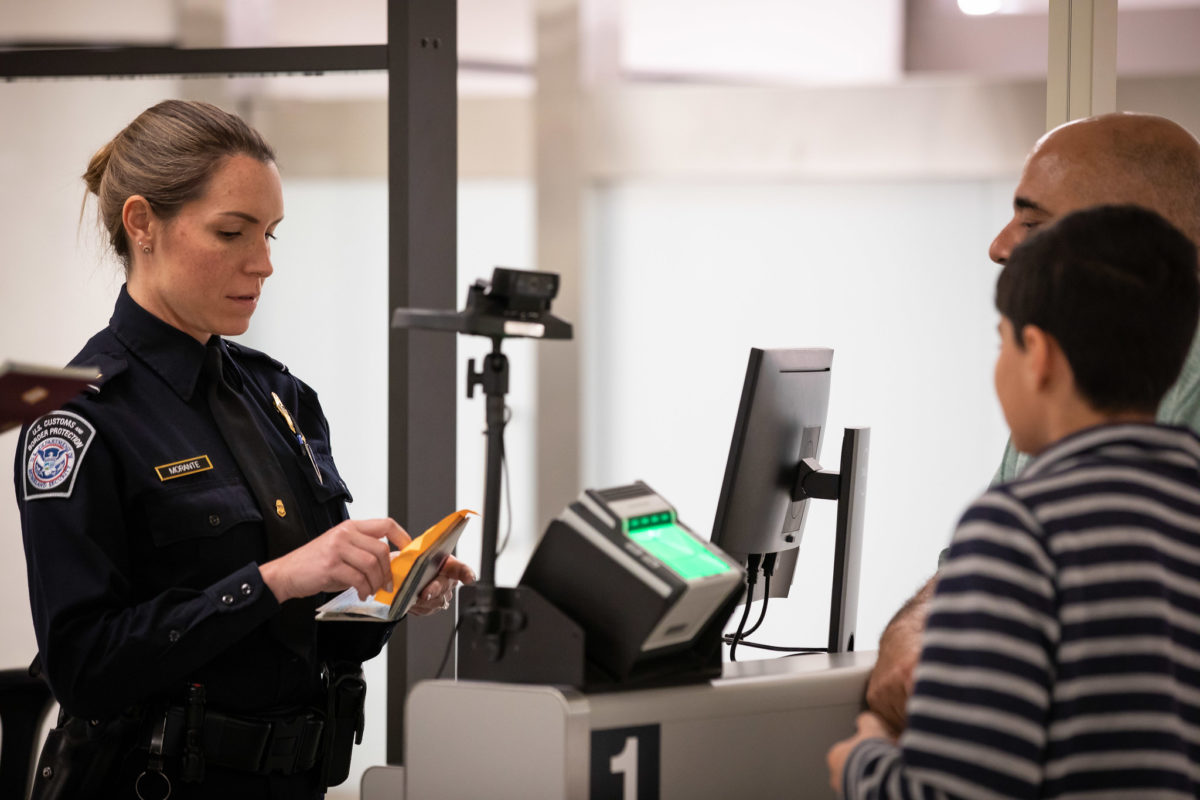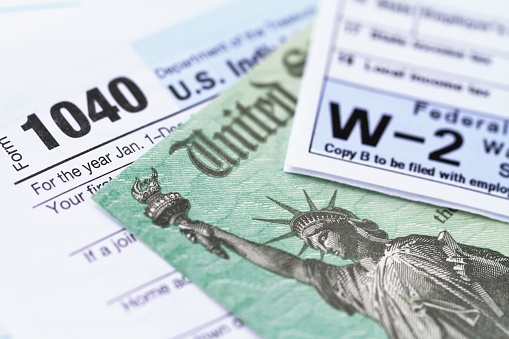In 2019, the USCIS determined that “foreign visitors to the U.S. arriving via air or sea no longer need to complete paper Customs and Border Protection Form I-94” in favor of an online system. This online system has it advantages – it streamlines the customs process, facilitates security and saves the federal government millions of dollars a year. Customs and Border Patrol now gathers all traveler information from carrier manifests and automatically updates the electronic travel records.
CBP no longer issues paper I-94s and now encourages all travelers to use the CBP One Mobile App or the CBP website to obtain their I-94 record. However, as Michael Scott once said, “Real business is done on paper. Write that down.” Using the app is a great way to save time and streamline the customs process, but all foreign visitors should have access to a paper copy of their I-94. Phones can die, or get lost, or destroyed.
All travelers can print their own paper I-94 from the official I-94 website
https://I94.cbp.dhs.gov
and selecting “Get Most Recent I-94.” This option is also available from the CBP One Mobile App.
Any foreign visitor or traveler may need to show their I-94 to verify their status or get employment authorization. It is ALWAYS a good idea to have a paper copy on hand. Never travel without it!


